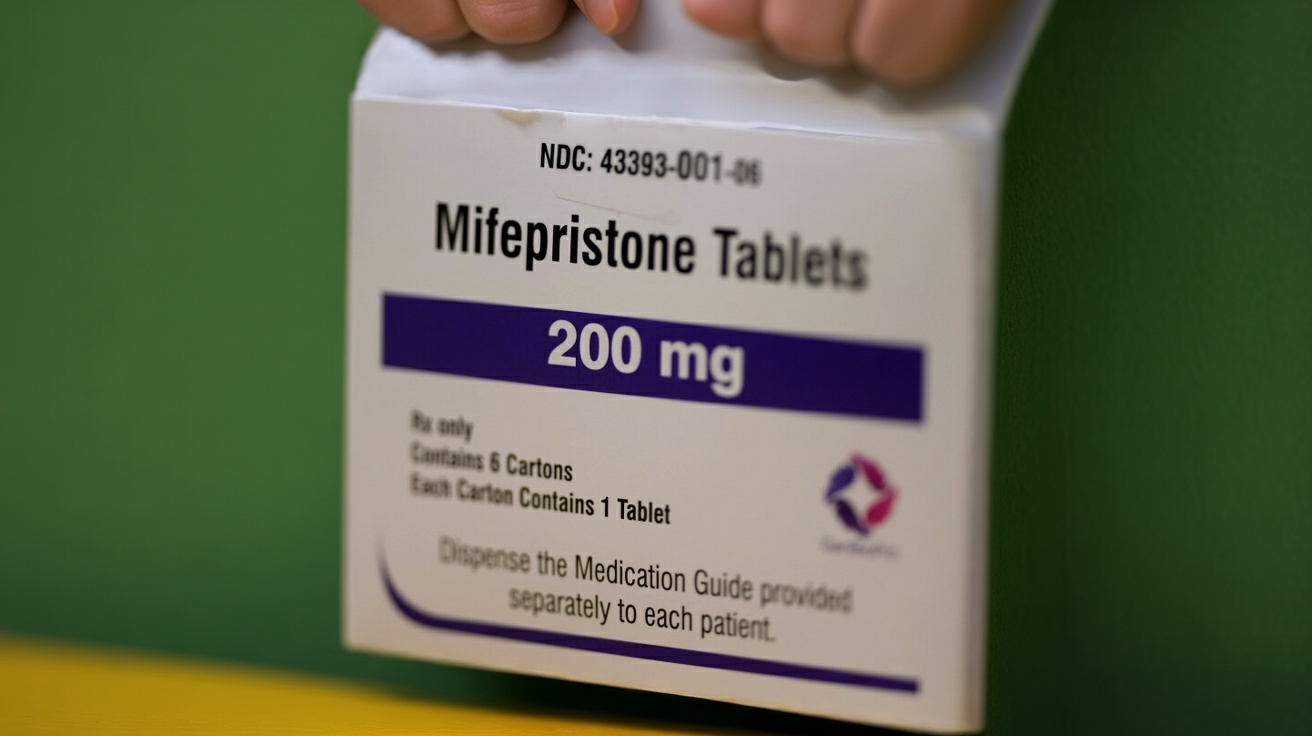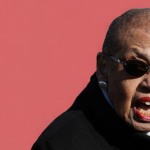Louisiana lawmakers pass bill targeting out-of-state doctors who prescribe and mail abortion pills

Introduction
On Tuesday, Louisiana legislators passed a bill that significantly tightens the noose on abortion access by targeting out-of-state medical practitioners and advocates distributing abortion-inducing medications in the state. With strict abortion prohibitions already in place, this law extends the ambit of liability to those outside Louisiana, who might engage in the facilitation of these activities.
Details of the Legislation
The proposed law, now awaiting the signature of Governor Jeff Landry, takes particular aim at out-of-state entities that mail, prescribe, or coordinate the sale of abortion-inducing drugs to anyone in Louisiana. Crafted in response to a criminal case involving a New York doctor accused of illegally providing such drugs to a Louisiana minor, the bill seeks to incarcerate and fine out-of-state doctors who disregard Louisiana’s stringent regulations.
Louisiana Attorney General Liz Murrill underscored the importance of this legislation as a vital tool to deter and hold accountable those who attempt to subvert local laws. The bill not only widens the potential for lawsuits against providers of these pills but also affirms the state’s commitment to safeguarding the sanctity of life.
Scope of the Bill and Legal Implications
The legislation allows the mother of the fetus to sue any person or entity that performs or substantially aids in abortion, specifically through the provision of abortion-inducing drugs. State Senator Rick Edmonds emphasized that the measure is a clear statement from Louisiana saying, “these pills are not welcome here.”
|
In terms of legal protection within the state, healthcare providers licensed in Louisiana and pharmacists adhering to state rules remain exempt from these regulations. The new stipulations provide a window of up to ten years post-procedure for initiating lawsuits regarding facilitated abortions. Furthermore, improper possession of regulated abortion pills could lead to imprisonment of up to five years.
Opposition and Support for the Bill
Despite strong support from conservative factions, the bill has faced criticism for potentially exacerbating the challenges in women’s healthcare access. Critics, including Democratic State Senator Royce Duplessis, argue that the bill, though diluted from its original form, persists as another conservative instrument to control women’s health choices excessively.
On the other side, proponents argue that the bill closes critical loopholes in the current law and enhances the state’s capacity to enforce local laws more effectively against those who, in the guise of healthcare, act counter to Louisiana’s regulations. Critics, including prominent Democratic figures, see this move as an unnecessary exacerbation of already stringent state laws.
The Case Sparking the Legislation
The focal point of the bill was a case involving Dr. Margaret Carpenter from New York, who faces charges in Louisiana for allegedly providing abortion pills to a minor via telemedicine. Despite the gravity of these charges, New York officials, including Governor Kathy Hochul, refuse to extradite Carpenter citing protective state laws, thus setting a complex legal battle that underscores the growing divide among states over abortion rights.
Conclusion and Broader Implications
As this legislation moves to Governor Landry’s desk, its implications extend beyond the borders of Louisiana. Echoing laws in states like Idaho, Oklahoma, and Texas, Louisiana’s move could potentially influence an ongoing nationwide discourse on telemedicine and cross-state medical regulations in the post-Roe v. Wade era. As the conflict between conservative and liberal states intensifies, this legislation marks a significant moment in the broader national dialogue on reproductive rights and state sovereignty.









No Comments